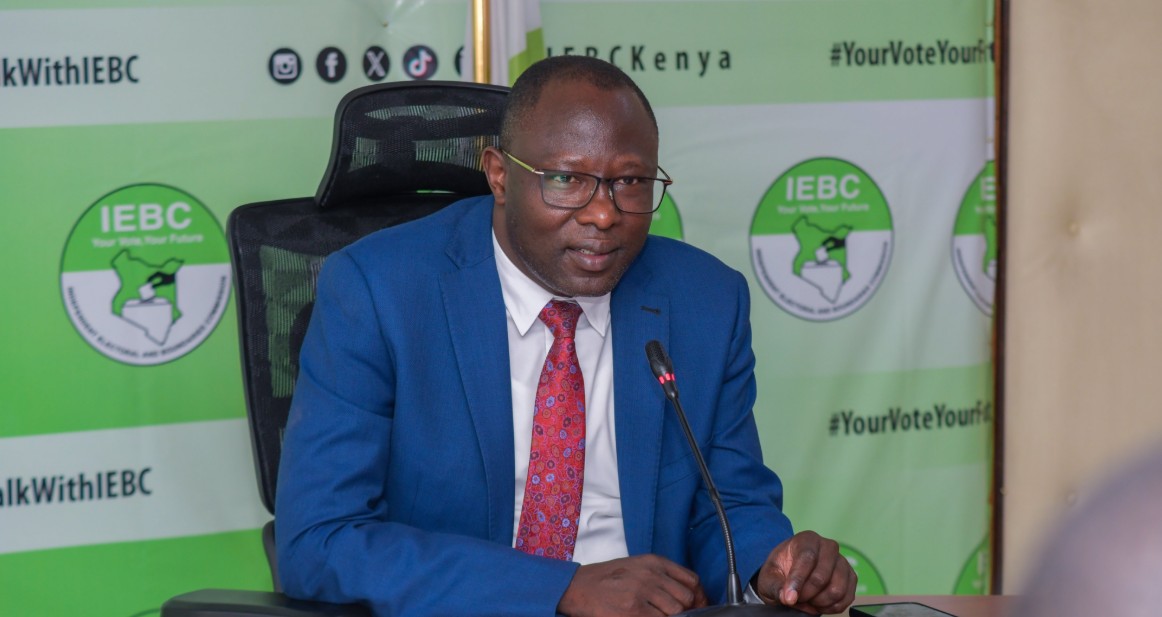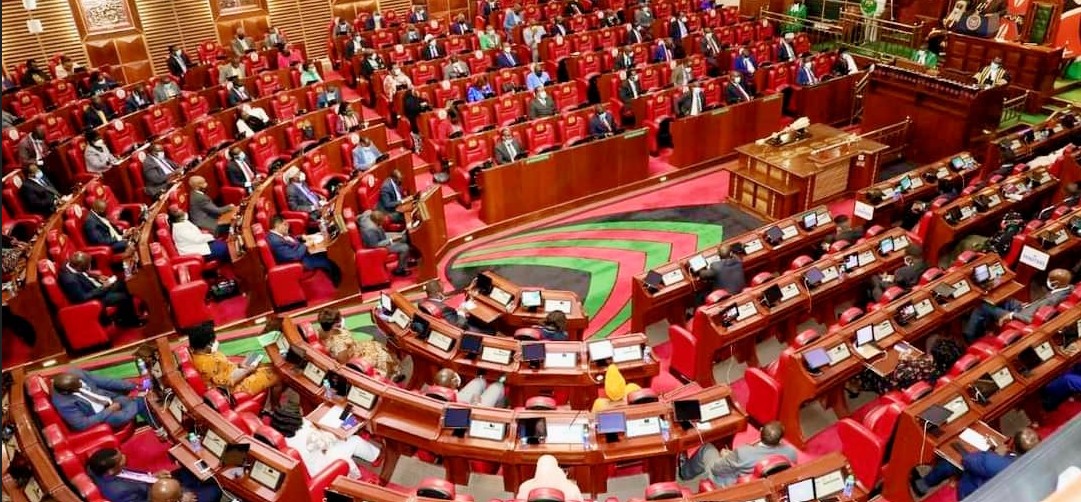Swahili Village Restaurant settles labour lawsuit with Sh68m penalty

The settlement, reached in an out-of-court agreement with District of Columbia Attorney-General Brian Schwalb, marks one of the largest ever against a restaurant in the capital.
Swahili Village, a renowned Kenyan-owned fine-dining restaurant, has agreed to pay Sh68,641,750 ($527,000) in penalties following allegations of widespread wage theft and labour law violations.
The settlement, reached in an out-of-court agreement with District of Columbia Attorney-General Brian Schwalb, marks one of the largest ever against a restaurant in the capital.
More To Read
- Panel on protest victims compensation moves to overturn orders freezing its operations
- Kilifi families receive Sh60 million compensation for human–wildlife conflict deaths
- Only 15,000 flood-affected households yet to receive Sh10,000 compensation - Kindiki
- Shauri Moyo residents struggle to pick themselves up after demolitions
Swahili Village, known for its exquisite African cuisine and frequented by dignitaries including Kenyan President William Ruto and former President Uhuru Kenyatta, found itself embroiled in controversy when investigations by the Attorney-General's office uncovered what Schwalb described as "systematic" theft of wages and tips from its workers.
According to court documents, the restaurant allegedly violated DC labour laws by underpaying employees and failing to provide proper overtime compensation and paid time off.
"Employers that steal from their hardworking employees are not only exploiting their workers but gaining an unfair advantage over their competitors who play by the rules," stated Attorney-General Schwalb, emphasising the gravity of the violations committed by Swahili Village.
The lawsuit, filed in 2023, detailed numerous allegations against Swahili Village, accusing the restaurant of denying workers their rightful wages and tips, despite adding a 20 per cent gratuity to all charges.
The Attorney General's office further alleged that the management of the restaurant engaged in practices that concealed payroll records, thereby making it difficult for employees to ascertain the calculation of their pay or the presence of statutory deductions.
Ex-employees relief
Former employees, including Rowles Adams, a bartender at Swahili Village, expressed relief and gratitude following news of the settlement. "I'm so grateful that the lawyers from the attorney general's office heard our plea for help and stood with us to get justice," said Adams, highlighting the plight faced by many workers in the restaurant industry, particularly those who are often immigrants and people of colour.
Under the terms of the settlement, Swahili Village and its founder, Kevin Onyona, are obligated to pay more than Sh33,865,000 ($260,000) to 72 affected workers and an additional Sh25,739,223 ($197,614) in penalties to the District of Columbia. The restaurant must also implement extensive changes to its employment practices to ensure compliance with DC wage and hour laws, including regular reporting to the attorney general's office for three years.
Kevin Onyona, a self-taught chef who opened the first Swahili Village in 2009 and expanded to multiple locations, including the M Street address in DC and a branch in Newark, New Jersey, expressed a desire to put the legal ordeal behind him. In an interview with The Washington Post, Onyona acknowledged the settlement but denied any wrongdoing, attributing the agreement to a desire to move forward and resume normal operations at his restaurants.
"It's been a challenging period, and I just want to get this thing off my back," Onyona stated, noting the financial strain of meeting the settlement obligations, which necessitated letting go of at least 20 employees. Neither Swahili Village nor Onyona admitted guilt despite the settlement, and any future legal proceedings cannot use the agreement as evidence of fault.
The settlement's impact extends beyond financial penalties, aiming to rectify systemic issues within Swahili Village's operations that led to labor law violations. This includes establishing a claims administrator to oversee the distribution of owed wages and tips to affected employees, ensuring transparency and accountability in the process.
Attorney-General Schwalb characterized the settlement as a "significant win" for the affected workers and emphasized his office's commitment to combating wage theft in the District of Columbia. He underscored the importance of holding employers accountable for illegal labor practices and ensuring that workers receive fair compensation for their efforts.
In response to the allegations raised during the lawsuit, Swahili Village and Onyona defended their practices but agreed to the settlement terms to avoid prolonged litigation and its associated costs. The restaurant, often referred to as "The Consulate" due to its location near Embassy Row, continues to operate amid the legal aftermath, striving to regain trust and uphold labour standards.
As the restaurant industry navigates ongoing challenges, including labour shortages and regulatory scrutiny, the case of Swahili Village serves as a poignant reminder of the importance of fair treatment and equitable compensation for all workers, irrespective of their background or industry.
Top Stories Today











































